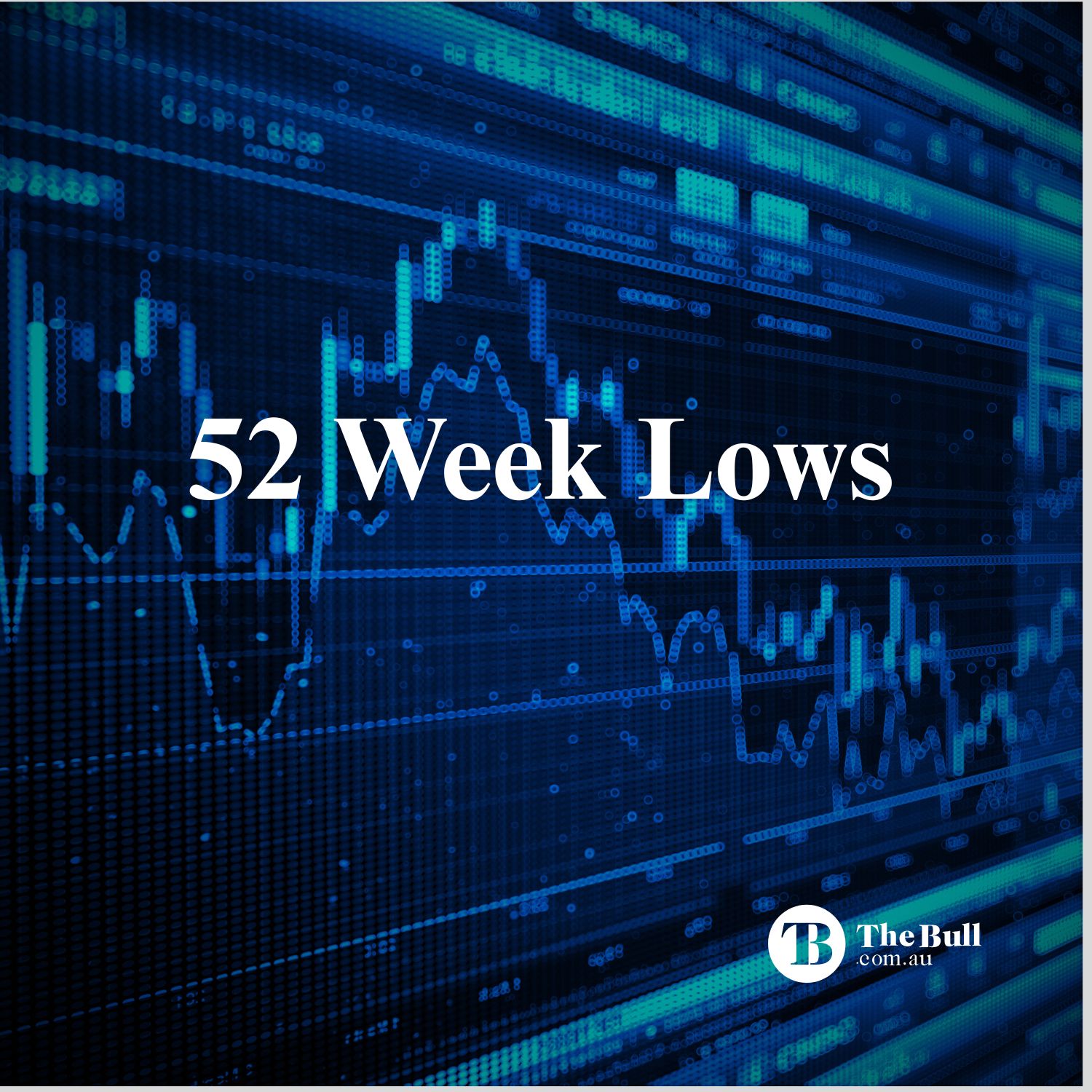
Xero Share Price (XRO) Enters Correction Territory
Xero share price (ASX:XRO) has dropped 1.46% today, bringing XRO into correction territory. Closing at A$173.83, Xero’s stock is down more than 10.5% from its recent high in late June. A pullback after a bullish run can be healthy, yet questions need to be asked as to whether this is likely to be a short…

Lynas Rare Earths Shares (ASX:LYC) Make New High
Lynas Rare Earths shares (ASX:LYC) are once again at the forefront of Aussie markets, with its share price exhibiting renewed momentum. LYC trades at A$9.67, marking a 16.65% gain on the day, with a new high of A$9.96 hit early in the session. The resurgence of LYC shares is linked to the escalating global concerns…

Paladin Energy Shares (PDN) Drop As Uranium Rebound Stalls
Paladin Energy shares (ASX:PDN) have taken a significant hit, dropping 8.66% in today’s session to close at A$7.07. This sharp decline mirrors a broader sell-off across the uranium sector, with fellow Australian uranium miners Boss Energy (-7.58%) and Deep Yellow (-7.8%) also experiencing substantial losses. The question now is whether this represents a temporary dip…

Pilbara Minerals Shares (ASX:PLS) Rally Off Lows
Pilbara Minerals shares (ASX:PLS) have experienced a rollercoaster month of trading, marked by a net 13.48% gain in its share price, after an earlier decline. The recent rally off lows, now more than 40% offer a glimmer of hope to investors battered by the past year’s lithium price slump, and a stock that remains down…

Amplitude Energy Shares (AEL) Hit New High – Price Target Raised
Amplitude Energy Limited (ASX:AEL) is experiencing a surge in investor attention following a recent upgrade by Goldman Sachs from Neutral to Buy, accompanied by a price target of A$0.26. The Amplitude Energy share price closed out the day at A$0.23, bringing the gains since the start of the year to 15%. This came along with…

DroneShield Shares Gain 4% As Dip Bought
DroneShield Limited (ASX:DRO) is experiencing a resurgence in its share price, fueled by a series of significant contract wins and increasingly optimistic analyst forecasts. Today, the company’s stock looks set to close near record highs A$2.56, marking a 4.07% increase on the day, and an impressive 55% over the past month. This performance underscores growing…

Deep Yellow Shares (ASX:DYL) Ride the Uranium Surge To New Highs
Deep Yellow Limited (ASX:DYL) has emerged as a compelling story on the Australian Securities Exchange, fueled by a range of factors that have propelled its share price to new highs today at A$1.80. Over the past three months of trading, Deep Yellow shares have more than doubled (+107%) as sentiment in the sector builds. This…

Earnings And Dividends This Week – 7th July 2025
In this article we take a look at the upcoming dividends and earnings to watch out for on the ASX this week. Earnings This Week ASX listed stocks whose Fiscal Year ends on 30 June will begin reporting earnings in mid-August. Companies closing their books on 31 December report beginning in mid-February. The period immediately following the…

52 Week Lows This Week – 7th July 2025
Stocks hitting 52 week lows and 52 week highs are closely watched by investors looking for value and high growth respectively. Bargain hunters look for profitable companies hitting 52 week lows, whereas stocks hitting 52 week highs provide fertile ground for growth seeking investors. Here are the stocks hitting 52 week lows and 52 week highs this…

Market Outlook This Week – 7th July 2025
We take a look back at the key events from last week, check the market outlook for this week and list the key economic events, data releases and IPOs to look for. The ASX finished the week in the black for the second week in a row, posting its best performance since 16…




